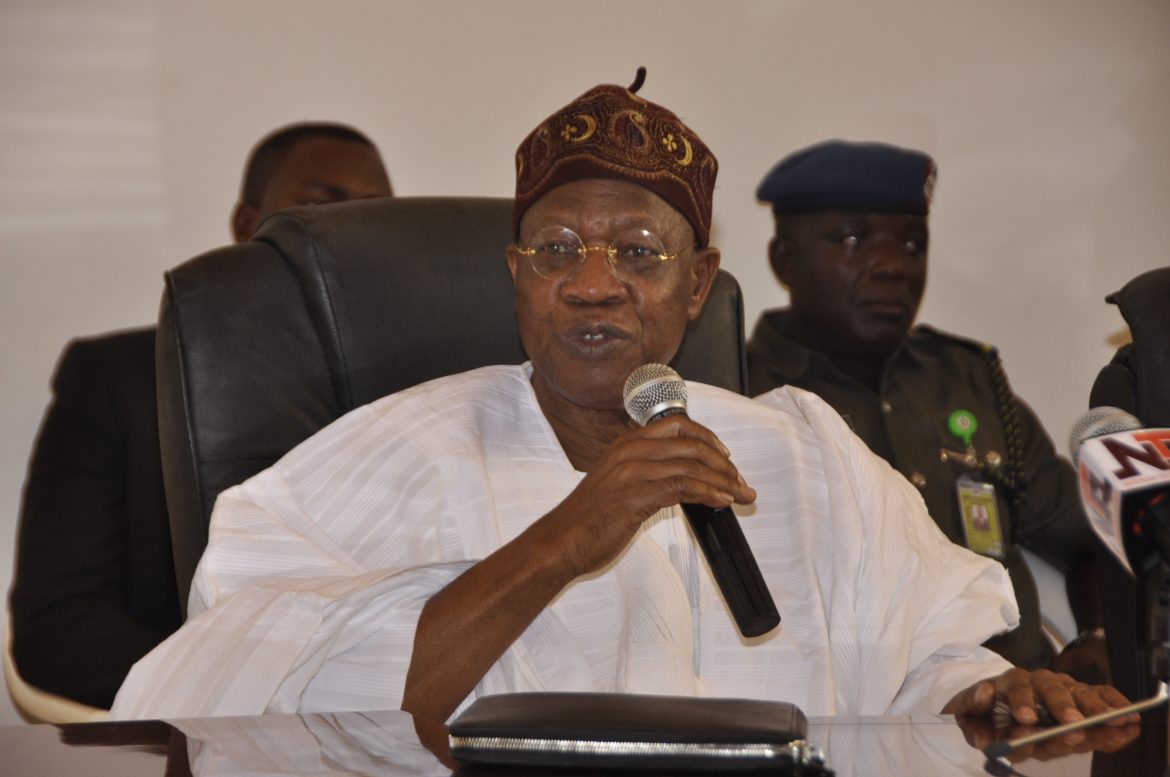Lai Mohammed, minister of information and culture, insists no state in
Nigeria is unsafe, contrary to a recent statement by the United States
warning its citizens against travelling to 20 Nigerian states.
In the travel warning, US listed the Nigerian states to be avoided as
Bauchi, Bayelsa, Delta, Edo, Gombe, Imo, Jigawa, Kaduna, Kano, Katsina,
Kebbi, Kogi, Niger, Plateau, Rivers, Sokoto, Zamfara, Adamawa, Borno and
Yobe.
“The ability of the Mission to provide assistance to U.S. citizens in
Adamawa, Borno, and Yobe states remains severely limited. The Department
recommends against all but essential travel to the following states due to
the risk of kidnappings, robberies, and other armed attacks,” a part of
the warning read.
“The U.S. Mission advises all U.S. citizens to be particularly vigilant
around government security facilities; churches, mosques, and other places
of worship; locations where large crowds may gather, such as hotels,
clubs, bars, restaurants, markets, shopping malls; and other areas
frequented by expatriates and foreign travelers.
“Security measures in Nigeria remain heightened due to threats posed by
extremist groups, and U.S. citizens may encounter police and military
checkpoints, additional security, and possible road blocks throughout the
country.”
But responding on Thursday while hosting a delegation from the Association
of Tourism Practitioners of Nigeria (ATPN), Mohammed observed that US is
itself the subject of terrorism attacks, as there is no week when a
killing is not recorded.
“Recently, all the newspapers carried the negative story that 20 states in
Nigeria are not safe, according to a US report,” he said.
“We are in Nigeria, how can we believe the claim that 20 states in Nigeria
are not safe? That is not correct. There is no state in Nigeria that is
not safe today.
“Is there any week they are not killing people in the US by either
shooting in schools or driveways, or people committing suicide or mass
bombing?
“How many of these stories do their media celebrate? If they want to tell
their people not to come to Nigeria, it is not for us to help them
propagate it.”
He urged the media and members of the association to complement efforts of
government to re-position the tourism sector, saying the sector is driven
by perception rather than reality.
He implored every Nigerian to invest in perception management for the
country. He also urged leaders in the public and private sectors to help
promote local tourism by spending their vacations and holidays at tourist
sites within the country.
Mohammed said that his ministry would soon embark on visitation of major
tourist sites in the country to assess their potential for development.
Earlier, Kabir Malan, national president of the association, commended the
minister for his efforts at re-positioning the tourism sector.
He called for the review and implementation of the Tourism National Plan
as well as the enactment of laws that would guide the operation of tourism
practitioners.
Malan also urged the government to encourage investors to set up tourist
camps across the country, and make loans accessible to them.



